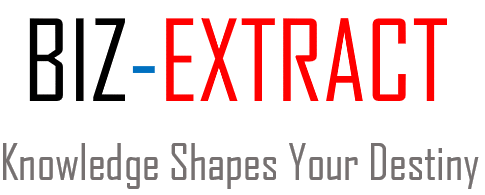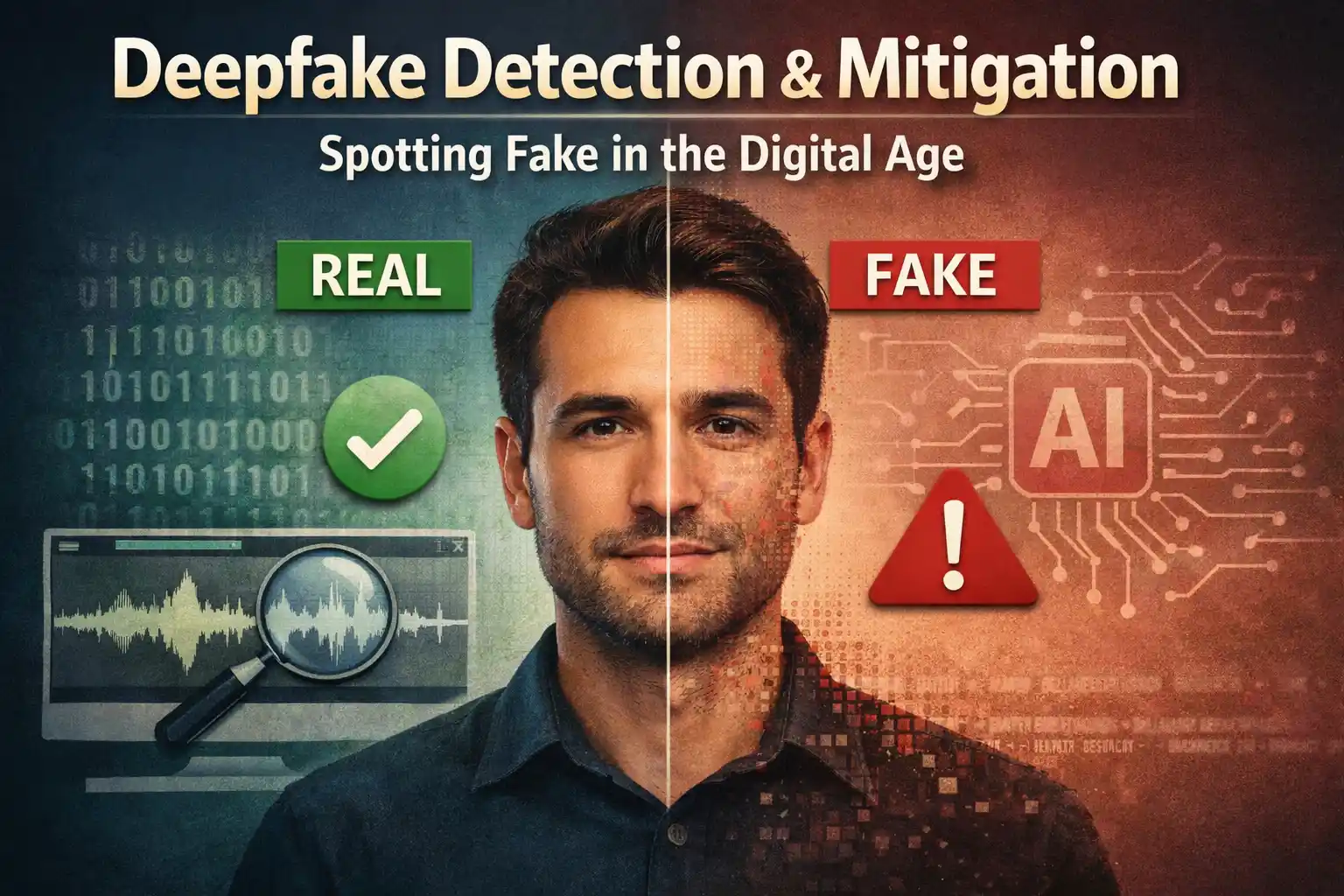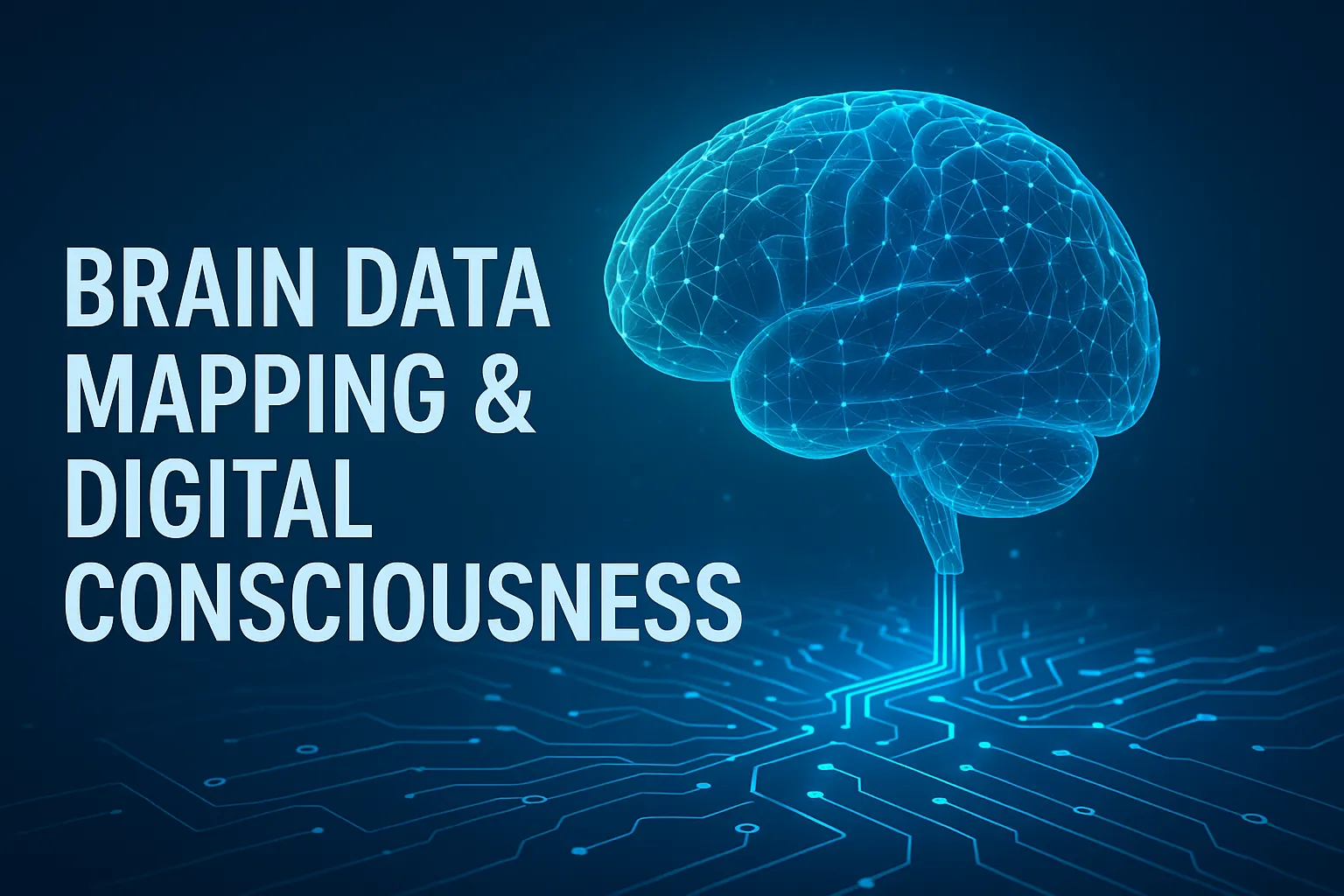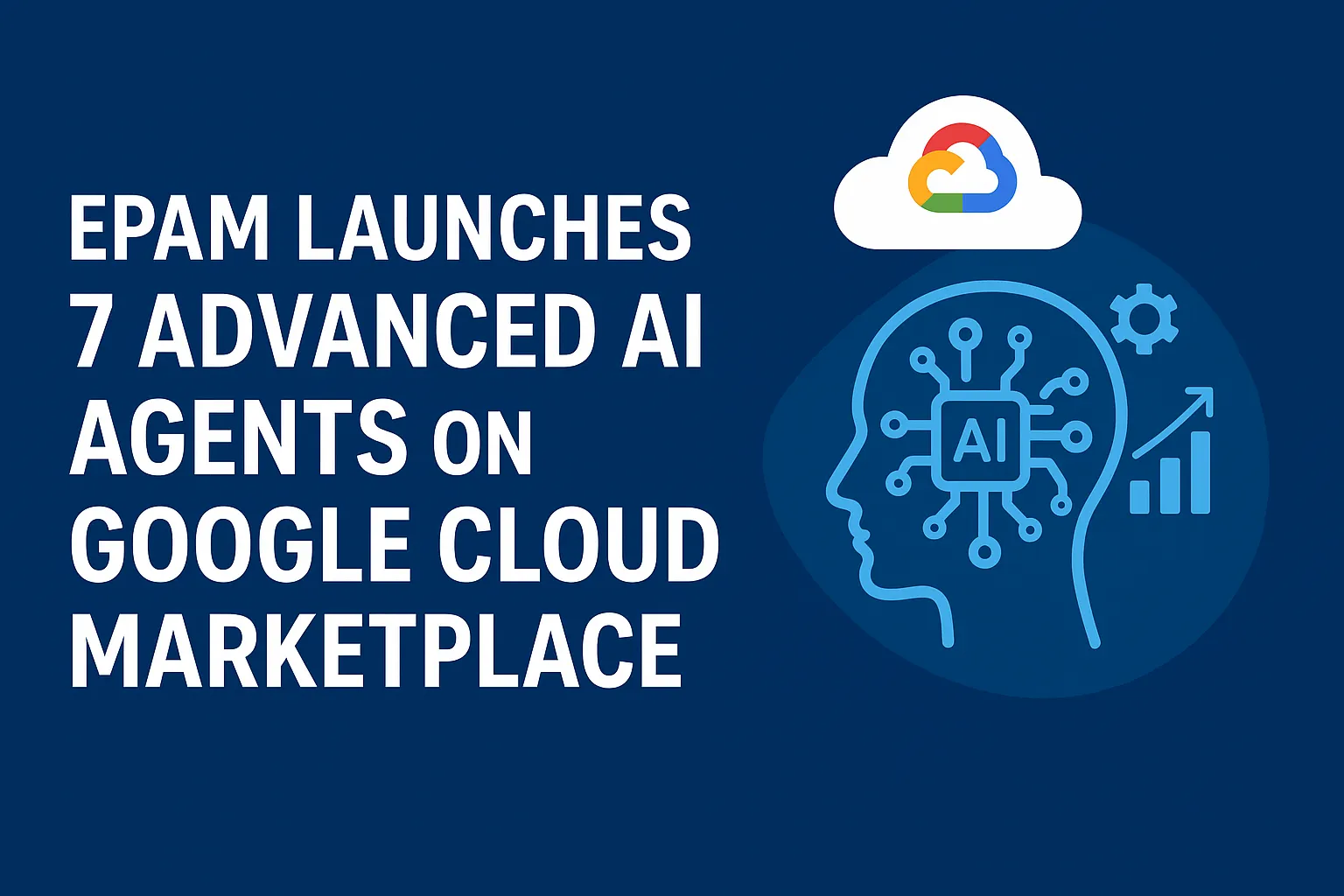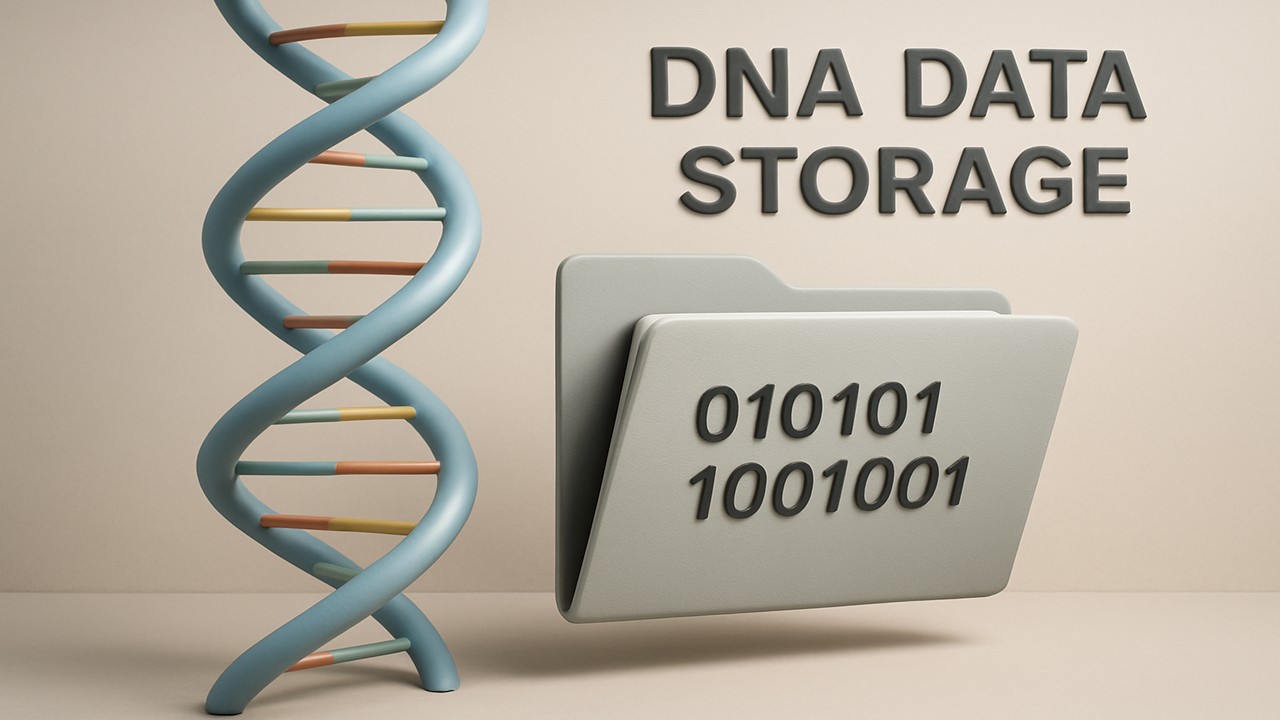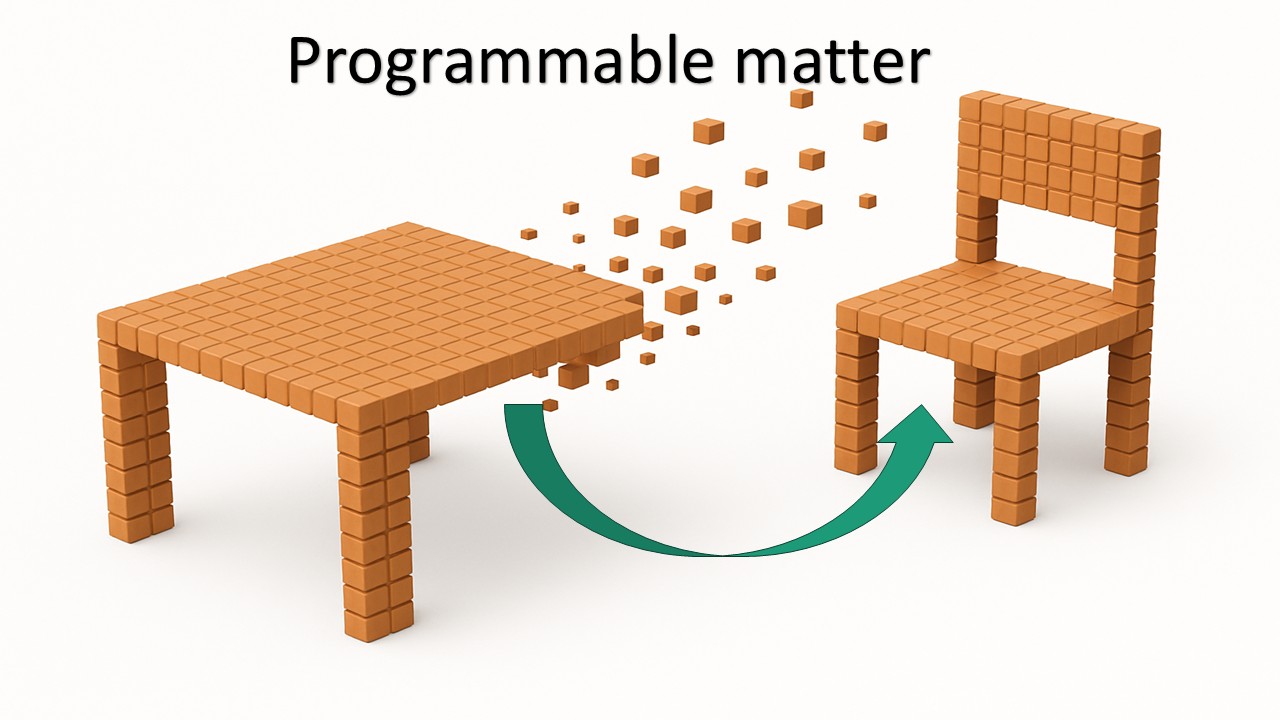
When Every Click Becomes a Risk
Imagine a leading corporation investing millions in its security suddenly announcing that its systems have been hacked. Sensitive data of millions of customers is leaked, shattering trust and reputation. The question arises:
Could this have been prevented?
The answer is ethical hacking. Equipped with advanced tools and techniques, ethical hackers identify vulnerabilities in systems before malicious actors can exploit them, safeguarding the digital world.
What is Ethical Hacking?
Ethical hacking is a legal and structured process where cybersecurity professionals, known as “white-hat hackers,” identify and fix vulnerabilities in systems and networks. Their primary goal is to protect data from unauthorized access and cyberattacks.
Role of Ethical Hackers:
- Identifying and reporting security flaws.
- Recommending effective countermeasures.
- Assisting organizations in strengthening their digital defenses.
The Growing Need for Ethical Hacking
In a rapidly digitizing world, the rise of cyber threats is inevitable.
Major Threats Include:
- Phishing Attacks
- Ransomware
- Distributed Denial-of-Service (DDoS)
- Malware and Spyware
Ethical hackers play a pivotal role in mitigating these risks by proactively identifying and addressing vulnerabilities.
How Does Ethical Hacking Work?
Ethical hacking involves a systematic approach:
- Reconnaissance: Gathering information about the target system.
- Scanning: Examining the system for potential vulnerabilities.
- Penetration Testing: Simulating attacks to test security measures.
- Reporting and Mitigation: Documenting findings and suggesting solutions.
Key Companies Driving Ethical Hacking Efforts
1. IBM Security
Renowned for providing robust cybersecurity services, including ethical hacking and penetration testing.
2. Cisco Systems
Specializes in network security and protects against threats like DDoS attacks.
3. HackerOne
A leading platform for bug bounty programs, enabling organizations to uncover vulnerabilities with the help of ethical hackers.
4. Bugcrowd
Offers a global network of ethical hackers and specializes in running bug bounty programs.
5. Rapid7
Known for penetration testing and data analytics, with the popular Metasploit Framework in its arsenal.
6. TCS (Tata Consultancy Services)
An Indian multinational providing global security services, including ethical hacking.
7. EY (Ernst & Young)
A global leader in cybersecurity advisory and ethical hacking projects.
8. Palo Alto Networks
Provides advanced network security and ethical hacking solutions.
9. CrowdStrike
Recognized for its expertise in threat detection and proactive defense strategies.
10. Kaspersky
Besides antivirus solutions, it offers ethical hacking and security audit services.
The Future of Ethical Hacking
Ethical hacking is not just a tool but a necessity in the evolving digital landscape.
- Increased Awareness: Organizations are becoming more vigilant about cybersecurity.
- AI Integration: Artificial Intelligence will enhance the efficiency of penetration testing.
- Combating Emerging Threats: As threats grow more sophisticated, ethical hacking will remain a cornerstone of defense strategies.
The Digital World’s Unsung Heroes
Ethical hacking has proven to be an indispensable asset in combating cybercrimes. These cybersecurity guardians work tirelessly to identify and rectify system vulnerabilities, ensuring a safer digital environment for all.
Are you ready to embrace ethical hacking as a critical tool for a secure future?
